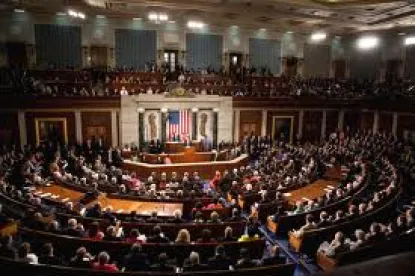In a unanimous vote, the House Judiciary Committee approved the Email Privacy Act, a long-awaited update to the 30-year-old Electronic Communications Privacy Act (ECPA). The proposed changes would strengthen the privacy protections for email and other cloud-storage services by closing a loophole that allowed law enforcement to access older data without obtaining a warrant. The bill is sponsored by 315 of a possible 435 voting members member in the House.
The current version of ECPA, passed in 1986, includes the Stored Communications Act (SCA), which allows law enforcement agencies to obtain the content of a use’s electronic communications by obtaining a warrant. But if the information has been in “electronic storage” for over 180 days, the law nominally allows the law enforcement agencies to forego the warrant requirement and subpoena the information instead. The Email Privacy Act would end this exception and require a warrant, even for older information.
Notably, this proposed amendment mirror changes already imposed by courts and by individual states. In 2010, the Sixth Circuit ruled that this provision was unconstitutional, finding that the contents of email communications could be protected by the Fourth Amendment regardless of their age. Further, some states, including California and Texas, have since passed their own laws protecting 180-day and older information from warrantless disclosure.
According to the Judiciary Committee, in addition to tightening the warrant requirements, the proposed Act also (1) allows law enforcement to access public information—such as an advertisement on a website—without a warrant; and (2) clarifies that nothing in the law limits Congress’s authority to subpoena information from third parties in furtherance of congressional oversight.
In contrast, the Committee rejected proposed provisions that would have (1) required government agencies to notify targets of a warrant after their information was provided to the government; and (2) applied the warrant requirement to a customer’s geolocation information ; and (3) created a carve-out for regulators like the FTC and the SEC, who asked for a way to obtain customer emails without a criminal warrant, which may be unavailable in civil cases.
The Senate is considering a similar bill, the Electronic Communications Privacy Act, which has 26 bipartisan cosponsors. However, given the upcoming election, it is unclear whether, or when, this bill will become law.



 />i
/>i

